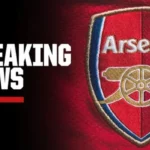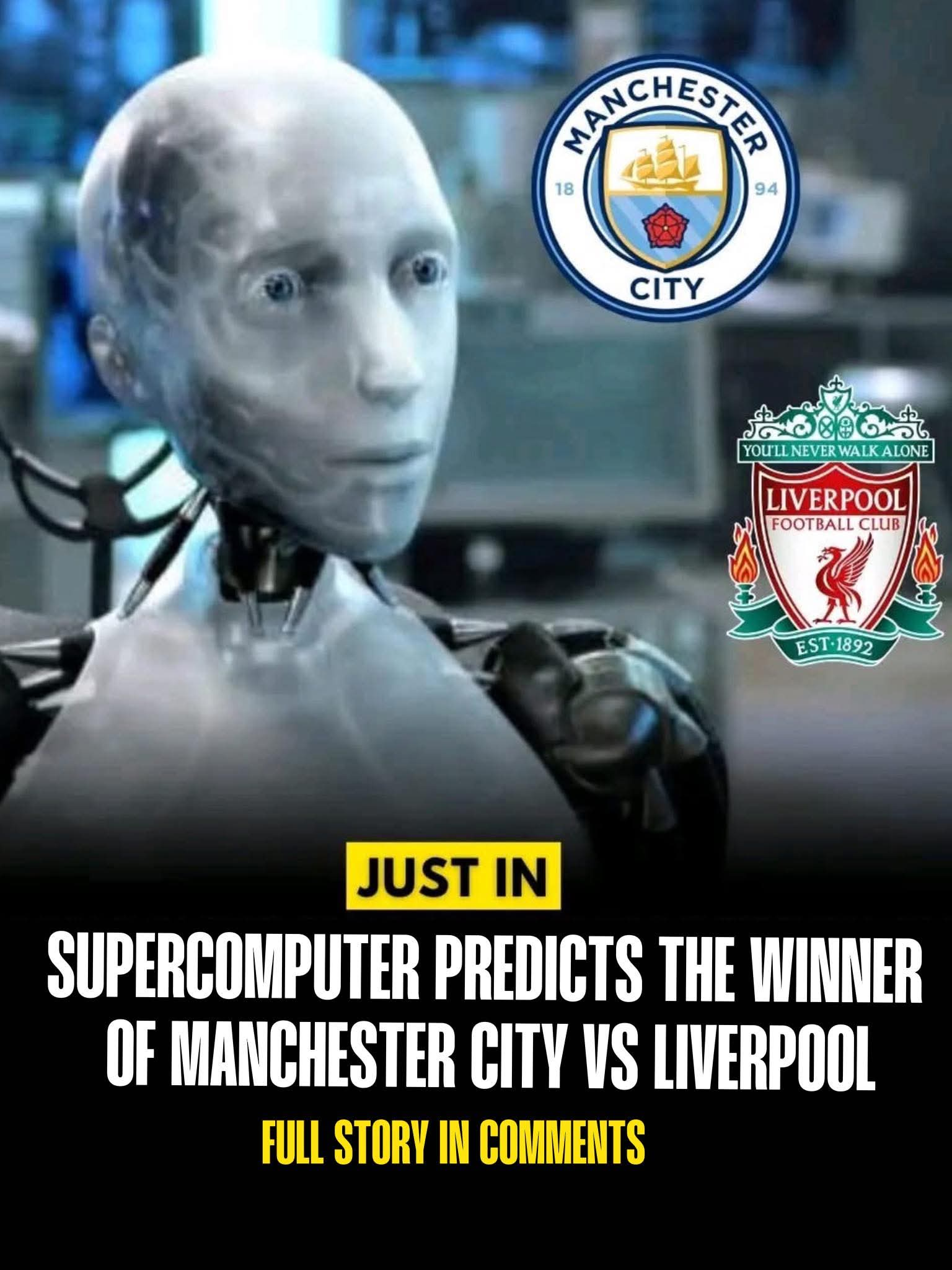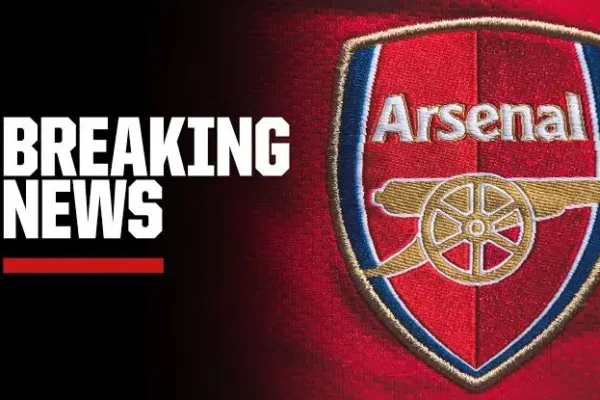When Manchester United signed Andre Onana, the announcement was met with widespread optimism. The Cameroonian goalkeeper arrived amid the post-Sir Alex Ferguson era, a period where the club was still searching for identity, stability, and modern tactical evolution. Onana was hailed as a revolutionary signing—someone capable not only of stopping shots but also of initiating attacks, commanding his area, and providing the sort of modern, ball-playing presence United desperately craved.
For many fans, the transfer symbolized hope. United had seen flashes of brilliance in previous goalkeepers but had struggled with consistency and confidence in the post-Ferguson years. Onana, coming off impressive seasons in Europe, seemed to tick all the boxes: athleticism, technical skill, and leadership potential.
Early Promise
Initially, Onana’s performances seemed to justify the hype. He exhibited confidence with the ball at his feet, executed precise long passes, and displayed sharp reflexes. In matches where the defense faltered, he often kept United in contention with key saves. His presence in goal suggested a new era—one where United could build from the back, integrating modern goalkeeping into a more fluid, attacking style.
Fans were excited, commentators praised the move, and the expectation was that Onana would become a defining figure for years to come. Comparisons to legendary figures like Peter Schmeichel were whispered in hope, if not yet in certainty.
The Turning Point
However, the honeymoon period was short-lived. As the season progressed, inconsistencies became glaring. Onana began to make uncharacteristic errors at critical moments, ranging from poor positioning to risky decisions outside the penalty area. Each mistake drew attention not just because of its direct impact on matches, but because United were paying top-tier money for reliability—something that seemed increasingly out of reach.
The situation inevitably sparked comparisons to David de Gea, whose own tenure had been marked by brilliance mixed with occasional high-profile mistakes. Yet whereas De Gea had years of established dominance to balance the errors, Onana’s missteps came at a time when patience was thinner, expectations were higher, and the team around him was in transition.
Tactical and Psychological Challenges
Part of Onana’s struggle can be traced to the tactical environment at Old Trafford. Rúben Amorim’s system demanded quick distribution, sweeping actions outside the box, and precise communication with a backline still finding cohesion. The pressure of constant scrutiny in the Premier League, combined with United’s fluctuating defense, exposed even minor lapses.
Psychologically, the weight of expectation may also have played a role. Being hailed as a transformational signing can be as much a burden as a boost. In a club with a passionate global fan base, every misjudgment is amplified. Onana’s errors were not only costly on the pitch but also magnified in media and fan discourse, adding pressure to an already demanding role.
Highlights Amid the Struggles
Despite the criticisms, Onana was not without his moments of impact. Crucial saves in cup competitions, penalty stops, and games where his reflexes preserved points for United reminded everyone why the club invested in him. The FA Cup triumph during his tenure, for example, showcased his ability to rise to big occasions, providing glimpses of the quality that had justified his signing.
These positive moments underscore the duality of Onana’s spell at United: capable of brilliance, yet occasionally undone by high-profile lapses. It’s a reminder that goalkeeping at elite clubs is unforgiving—successes are often overshadowed by mistakes.
Lessons for Manchester United
Onana’s tenure offers key lessons for Manchester United’s transfer strategy. Firstly, it highlights the importance of integrating a player fully into the team’s tactical philosophy before investing heavily. Talent alone does not guarantee success if the surrounding environment, support structures, or defensive cohesion is lacking.
Secondly, it emphasizes patience and psychological support. High-profile goalkeepers require a network of coaching, confidence-building, and tactical alignment to flourish—especially in the high-pressure Premier League.
Finally, Onana’s spell is a cautionary tale about balancing ambition with realism. United sought a modern goalkeeper to elevate their style, but the gulf between potential and immediate execution proved challenging.
Fan Perception and Media Narratives
Among supporters, opinions on Onana are mixed. Some remember him fondly for key saves and moments of leadership. Others cite his errors as emblematic of one of United’s biggest transfer mistakes in recent years. Media narratives often amplify extremes: he is simultaneously lauded for skill and criticized for mistakes, reflecting the polarizing nature of goalkeeping assessments.
Social media discussions capture this tension perfectly. Clips of Onana’s distribution brilliance sit alongside compilations of errors, illustrating the rollercoaster experience fans endured. Ultimately, the collective memory of his tenure is complicated: a mixture of hope, disappointment, and lessons learned.
Conclusion
Andre Onana’s time at Manchester United was intended to be transformative—a modern goalkeeper capable of revolutionizing the squad post-Ferguson. Instead, it became a mixture of promise and pitfalls, with his high-profile errors and intermittent brilliance making him a polarizing figure.
While his tenure is widely criticized, it is important to remember the context: a club in transition, high expectations, and the inherent pressure of the Premier League. Onana contributed to notable successes, including the FA Cup win, and his presence offered glimpses of the modern goalkeeping style United aspire to.
Yet, the broader narrative is clear: Onana’s spell is now remembered as one of Manchester United’s more challenging transfer experiences. For the club, it serves as a valuable lesson in recruitment strategy, integration, and the razor-thin margins that define success and failure at the elite level.





